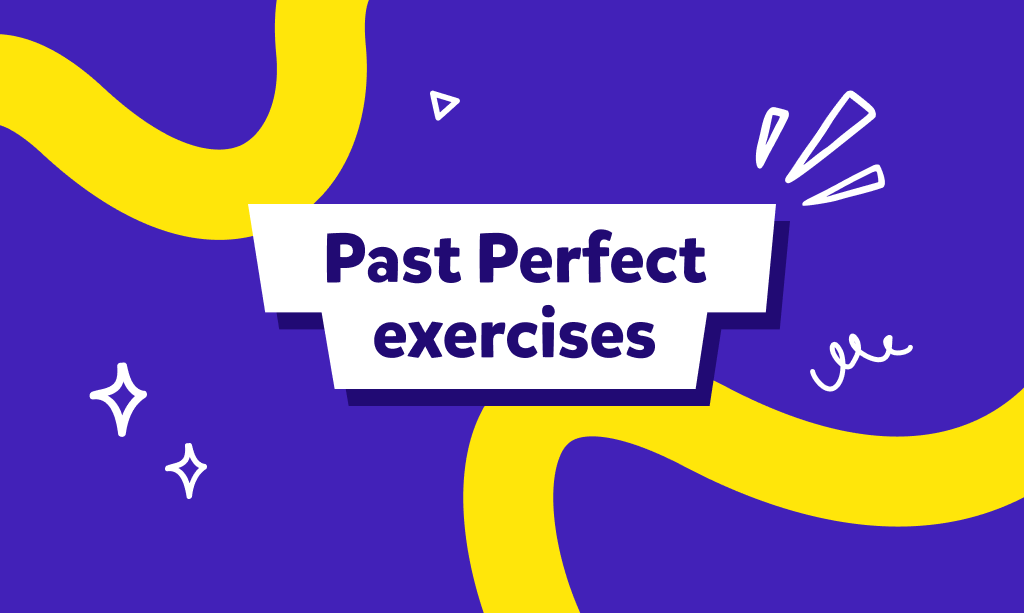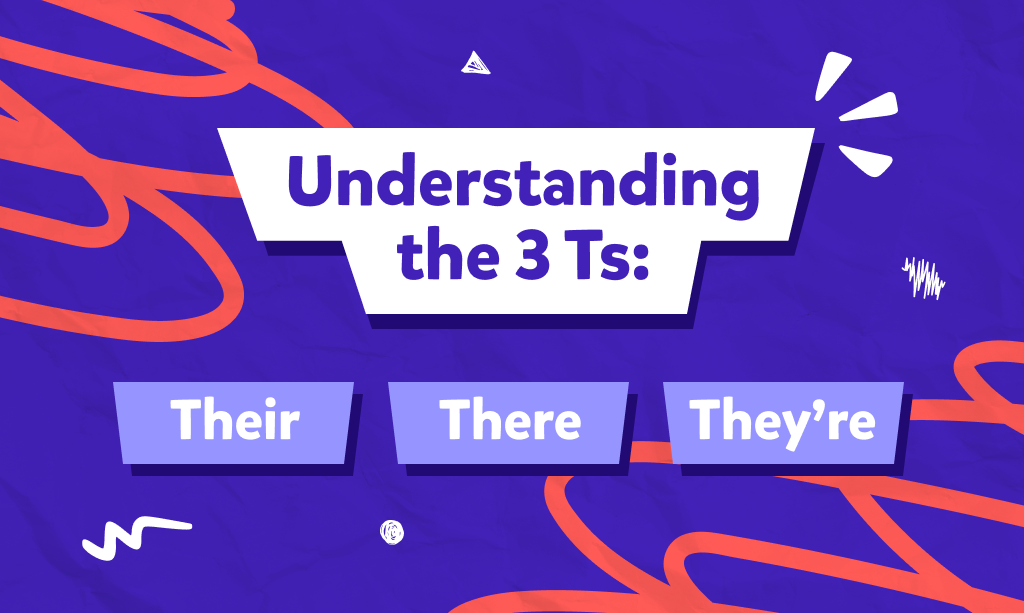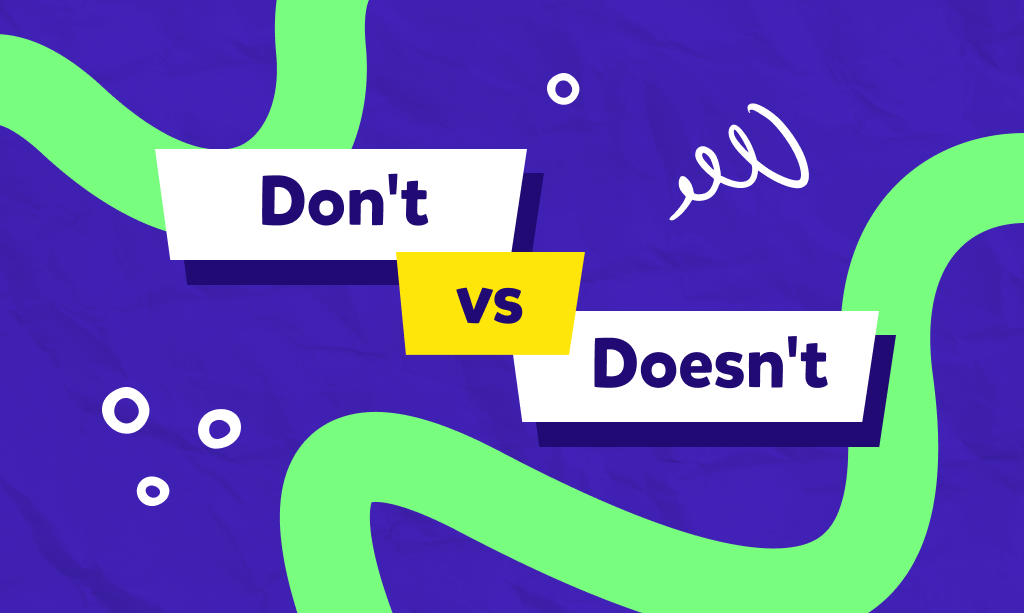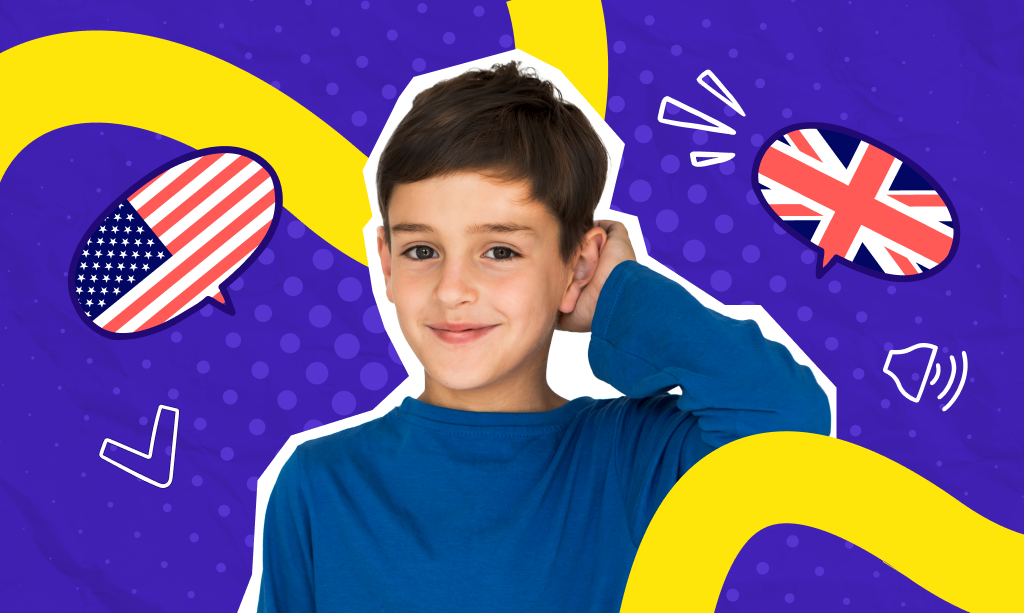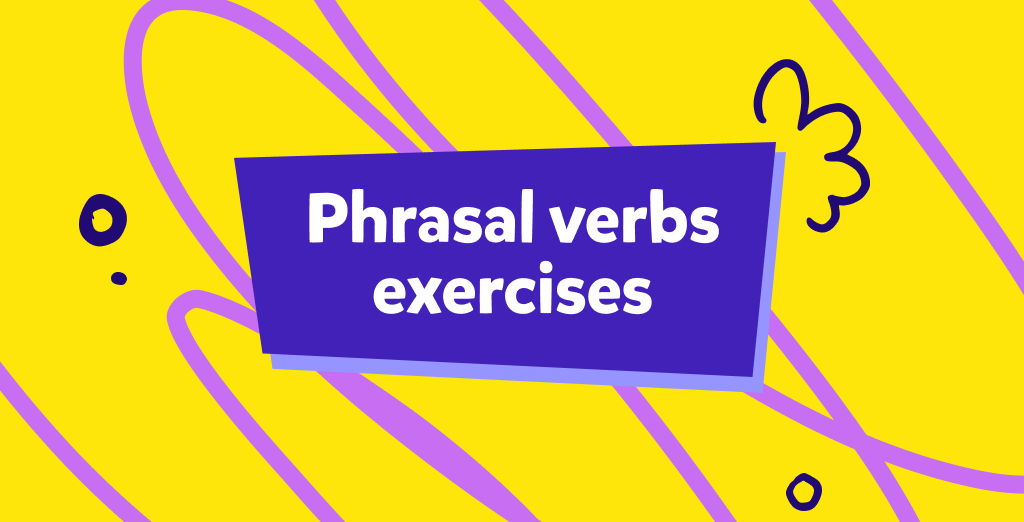- Past Perfect praktyczne zadania do rozwiązywania
- Ćwiczenia "fill the gap"
- Ćwiczenia "wybierz poprawną odpowiedź"
- Ćwiczenia i testy z dialogami
Past Perfect (czas przeszły dokonany) to czas gramatyczny używany w języku angielskim, który pozwala nam opisywać czynności zakończone przed innym wydarzeniem w przeszłości. Jest on również często wykorzystywany, gdy chcemy podkreślić kolejność zdarzeń, które miały już miejsce. Aby dobrze opanować ten czas, niezbędna jest praktyka – dlatego przygotowaliśmy zestaw ćwiczeń online, które pomogą Ci utrwalić użycie Past Perfect w różnych kontekstach i sprawdzić swoją wiedzę!
Past Perfect praktyczne zadania do rozwiązywania
Poniżej przygotowaliśmy trzy rodzaje ćwiczeń, które pomogą Ci lepiej zrozumieć i utrwalić czas Past Perfect. Znajdziesz tu zadania typu „wypełnij lukę”, gdzie uzupełnisz zdania odpowiednią formą czasownika, testy wyboru, w których wskażesz poprawną odpowiedź, oraz ćwiczenia polegające na uzupełnianiu dialogów. Te zadania pozwolą Ci usystematyzować wiedzę, sprawdzając jednocześnie, jak dobrze radzisz sobie z używaniem Past Perfect w różnych kontekstach. Dzięki regularnej praktyce nabierzesz pewności w stosowaniu tego czasu gramatycznego w codziennej komunikacj.
Ćwiczenia "fill the gap"
Uzupełnij zdania, wstawiając odpowiednią formę czasownika w czasie Past Perfect.
- Wyrażenia wskazujące na wcześniejszą czynność:
By the time the guests arrived, she _______ all the preparations. a) finished b) had finished c) finishes 
b) had finished
Before he went to bed, he _______ his homework. a) had completed b) completes c) completed 
a) had completed
When they got to the airport, the plane _______. a) takes off b) took off c) had taken off 
c) had taken off
By the time we started dinner, they _______ for two hours. a) had waited b) wait c) waits 
a) had waited
Before she left the house, she _______ the lights. a) turns off b) turned off c) had turned off 
c) had turned off
By the time I arrived, they _______ all the food. a) eat b) had eaten c) eats 
b) had eaten
Before she joined the company, she _______ at another firm for five years. a) works b) worked c) had worked 
c) had worked
By the time we arrived at the theater, the movie _______. a) had started b) starts c) start 
a) had started
They _______ the documents before the deadline. a) submits b) submit c) had submitted 
c) had submitted
Before he took the test, he _______ for several weeks. a) had studied b) studies c) studied 
a) had studied
2. Dwie czynności w przeszłości:
When I got to the station, the train _______. a) had left b) leaves c) left 
a) had left
After she _______ the book, she returned it to the library. a) reads b) had read c) read 
b) had read
By the time we arrived, the event _______. a) had begun b) begins c) begin 
a) had begun
When they called me, I _______ dinner. a) finished b) had finished c) finish 
b) had finished
After he _______ his homework, he went outside to play. a) does b) did c) had done 
c) had done
By the time the teacher entered the classroom, the students _______ talking. a) had started b) start c) starts 
a) had started
When I arrived at the party, they _______ the cake. a) had cut b) cuts c) cut 
a) had cut
After we _______ the documents, we sent them to the client. a) reviewed b) had reviewed c) review 
b) had reviewed
By the time she called him, he _______ the house. a) had left b) leaves c) leave 
a) had left
When they finished packing, they _______ to the airport. a) went b) had gone c) go 
b) had gone
Ćwiczenia "wybierz poprawną odpowiedź"
Wybierz poprawną odpowiedź, aby uzupełnić zdania odpowiednią formą czasownika w czasie Past Perfect lub pytającego słowa.
- Wybór formy czasownika:
- By the time we got home, they ___ (cleaned/had cleaned) the house.
- She ___ (left/had left) before we could say goodbye.
- I ___ (started/had started) eating by the time you called.
- After he ___ (read/had read) the book, he returned it to the library.
- When they arrived, we ___ (finished/had finished) the meeting.
- They ___ (went/had gone) out before we arrived.
- By the time I found my keys, she ___ (left/had left) already.
- After they ___ (completed/had completed) the project, they celebrated.
- We ___ (had finished/finished) dinner by the time they called us.
- Before she ___ (moved/had moved) to the new city, she sold her house.
- Wybór słowa pytającego:
- ___ you seen the movie before I mentioned it? (Had/Did)
- ___ she called you before you went out? (Had/Did)
- ___ they already left when you reached the station? (Had/Did)
- ___ he prepared dinner before everyone arrived? (Had/Did)
- ___ you practiced enough before the competition? (Had/Did)
- ___ they finished packing before the taxi arrived? (Had/Did)
- ___ you ever visited that museum before last year? (Had/Did)
- ___ she completed her homework before the class started? (Had/Did)
- ___ he told you about the plan before the meeting? (Had/Did)
- ___ they eaten breakfast before you woke up? (Had/Did)
Ćwiczenia i testy z dialogami
Przeczytaj poniższe dialogi i uzupełnij brakujące formy czasownika w czasie Past Perfect.
Dialogi do uzupełnienia:
Osoba A: Where ___ (be) before you came here?
Osoba B: I ___ (visit) my grandparents and ___ (have) lunch with them.
Osoba A: What ___ (happen) when you got to the meeting?
Osoba B: They ___ (already/start) discussing the main topic.
Osoba A: ___ (you/finish) your work before we left?
Osoba B: Yes, I ___ (complete) everything on my to-do list.
Osoba A: Why ___ (not/call) me before you arrived?
Osoba B: I ___ (lose) my phone and couldn’t find it.
Osoba A: Had you met them before?
Osoba B: No, I ___ (never/meet) them until yesterday.
Sprawdź odpowiedzi w załączonym kluczu.
Odpowiedzi 
- had you been | had visited | had had
- had happened | had already started
- Had you finished | had completed
- had you not called | had lost
- had never met
Jeżeli Twoje dziecko chce poprawić swoją wymowę i utrwalić gramatykę, zapraszamy do skorzystania z darmowej lekcji próbnej w szkole językowej Novakid. Podczas zajęć odświeży sobie wiedzę na temat budowy zdań i będzie mogło ćwiczyć czas Past Perfect, Past Simple czy Present Perfect oraz wiele innych zagadnień gramatycznych w praktyczny i przystępny sposób.
































